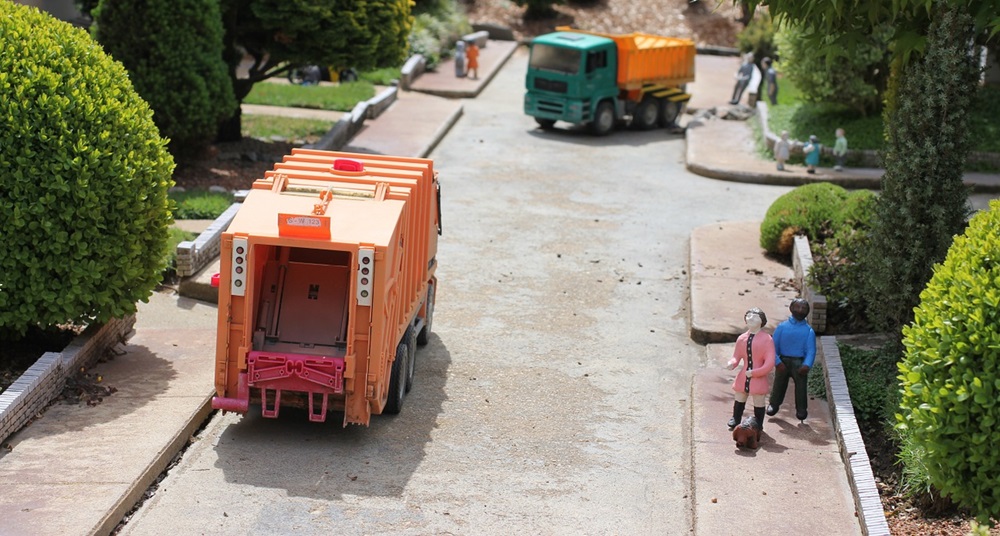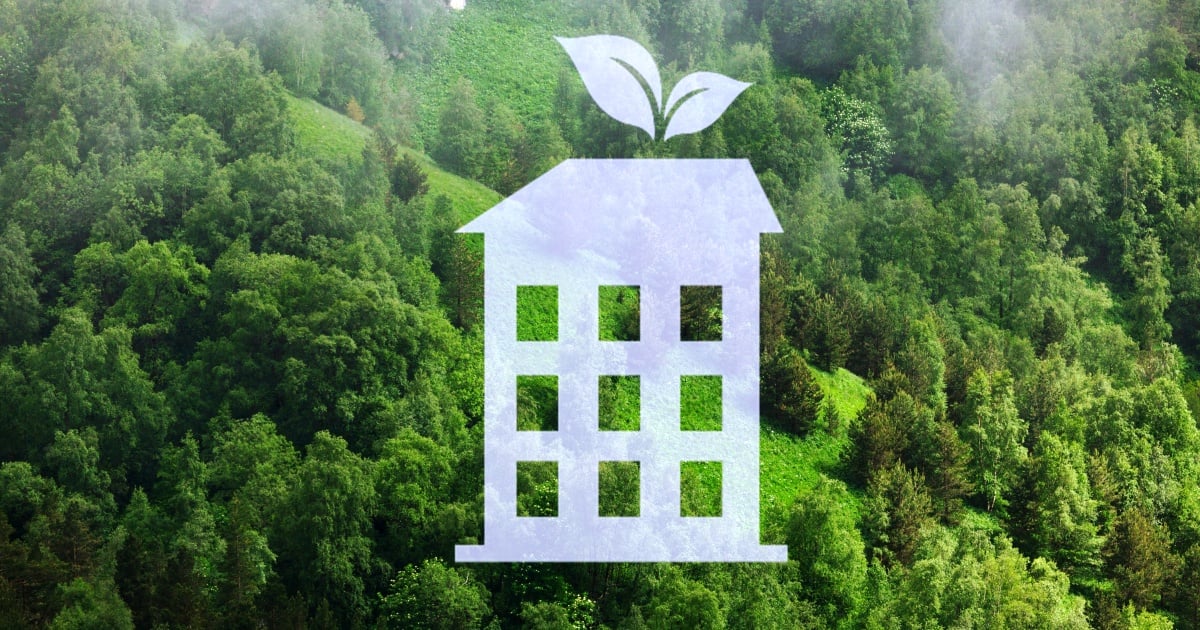
In support of the Government of India’s campaign “Swachh Bharat Mission” (which aims to achieve a more “Clean India”), fast-moving SenRa, a PAN India Low-Power Wide-Area Networks (LPWANs) provider for long range-based (IoT) applications, announced a partnership with SmartEnds, a Belgian company also founded in 2017.
SmartEnds helps companies design and build industrialized sensor devices and IoT solutions, and in this case, a sensor device for waste bin monitoring called Brighter-Bins.
Smart trash bins have been around for years, but the sensors have been too large and complex to operate on expensive traditional wireless networks.
SenRa and SmartEnds teamed up to address both challenges, bringing down the cost of networking using LoRaWAN, with sensors now 40-60 percent smaller than existing solutions which are easily integrated into 90 percent of bins.
This sensor is also priced at around 40% less than existing systems while being fully-certified and fulfilling stringent industry specifications.
SenRa has been on the move in India and standing up nearly one new city a month since they began rolling out their offering, which uses Senet’s OSS/BSS platform to operate private IoT and IIoT networks.
"We believe LoRaWAN is a perfect fit in solving some of India's major challenges. We felt that with the right partnership, we could bring India a low-cost waste management solution which would help clean up the streets," said SenRa's Chief Executive Officer, Ali Hosseini, who has since the inception of SenRa looked at their opportunity to improve living conditions as a great mission for one of the fastest growing start-ups in the IoT space.
One of the biggest challenges India has in today's society is the accumulation of waste and how to properly monitor, dispose, and manage waste collection. Indian cities alone generate more than 62 million tons of solid waste a year with an expected increase of 5 percent per year. It is estimated that up to 40 percent of municipal waste in India remains simply uncollected.
Since the launch of the campaign coupled with the Smart Cities Mission implemented by the Government of India, city officials, city planners and city decision makers are now even more motivated to clean their cities and improve the quality of life for their citizens. Leveraging smart technologies like LoRaWAN can enable the Government and cities to achieve their goals all while keeping costs low and improving efficiencies of the overall waste management processes.
The SenRa and SmartEnds partnership now provides a way to help solve some of India's waste challenges. With SmartEnds waste bin sensors and SenRa's LoRaWAN network and application platform, India will have an end-to-end smart waste bin solution which offers real-time insight on waste accumulation.
“We’re excited to be working on this project with SenRa,” said Byran Cassady CEO SmartEnds. “Together we will deliver a full solution that is both economical and will make Indian Cities cleaner.”
The smart waste bins use ultrasonic fill sensors and send their data via LoRaWAN to SenRa's public network where it is then integrated with a data-based management platform. With data analytics and real-time feedback, the cities can now make better decisions on how to manage the waste collection and waste bin placements based on historical trends of waste build-up.
SenRa is also working with global partners to deploy other smart solutions including water metering, smart agriculture, smart lighting, smart cities, logistics, electric and gas meter.
LPWAN (Low Power Wide Area Network) is a broad term covering several implementations and protocols, both opensource and proprietary. While other wireless communication technologies available like Bluetooth and BLE (and to some extent Wi-Fi and ZigBee) are not suited for long-range performance, LPWAN provides the longest range with a low data rates. The technology used in a LoRaWAN network is designed to connect low-cost, battery-operated sensors over long distances in harsh environments that were previously too challenging or cost-prohibitive to connect. With its unique penetration capability, a LoRaWAN gateway deployed on a building or tower can connect to sensors more than 10 miles away or to water meters deployed underground or in basements.
Edited by
Ken Briodagh





